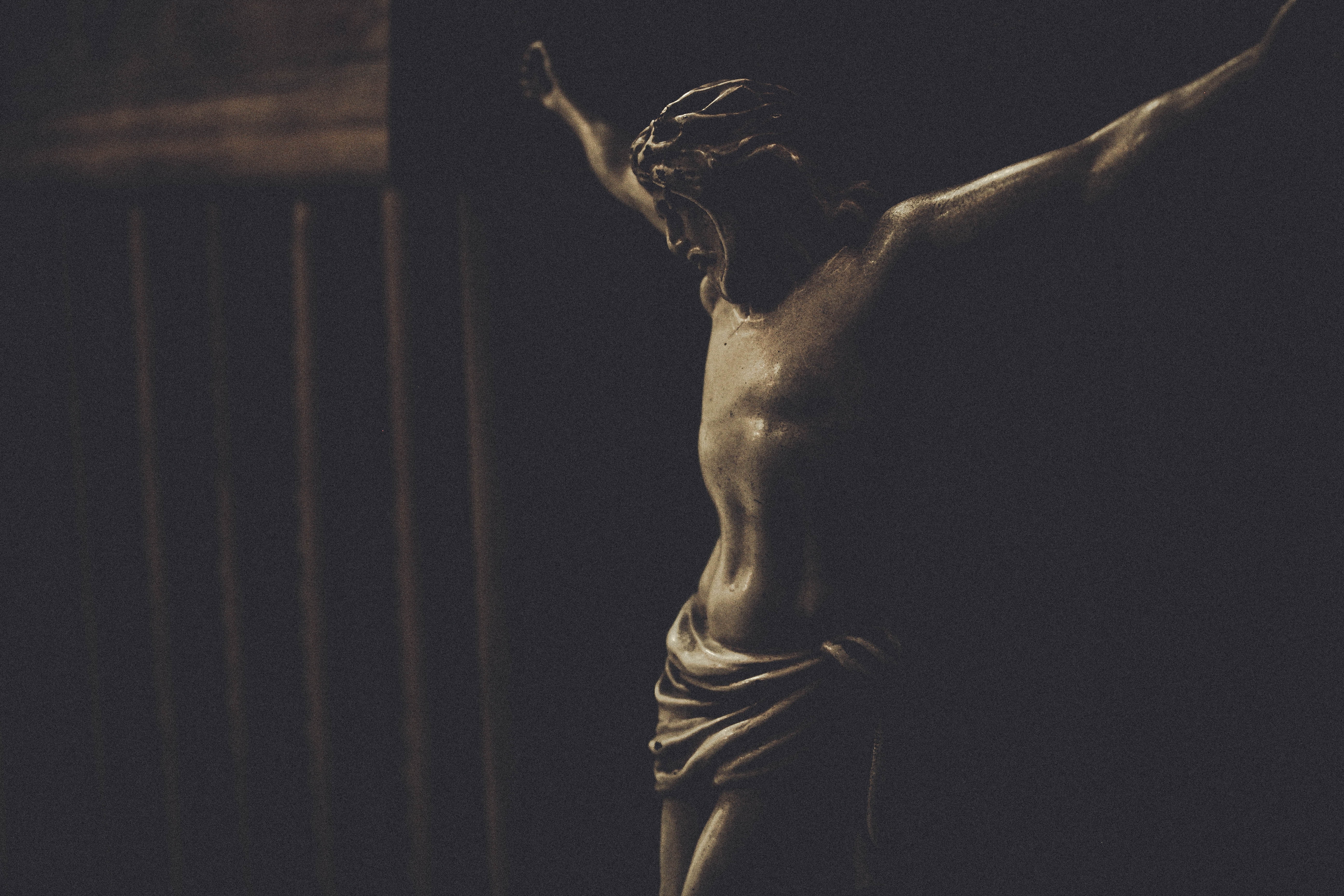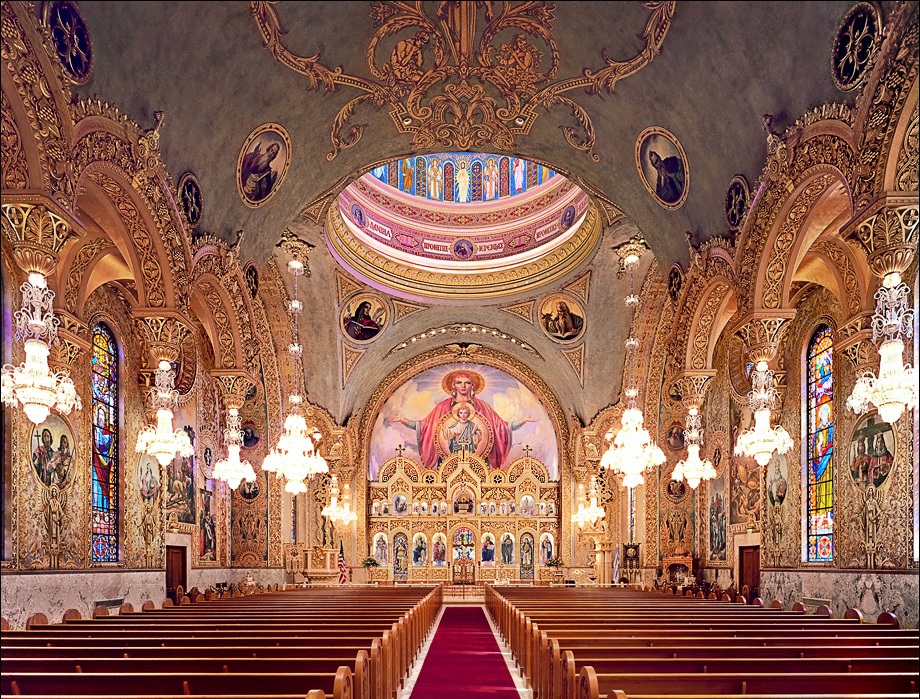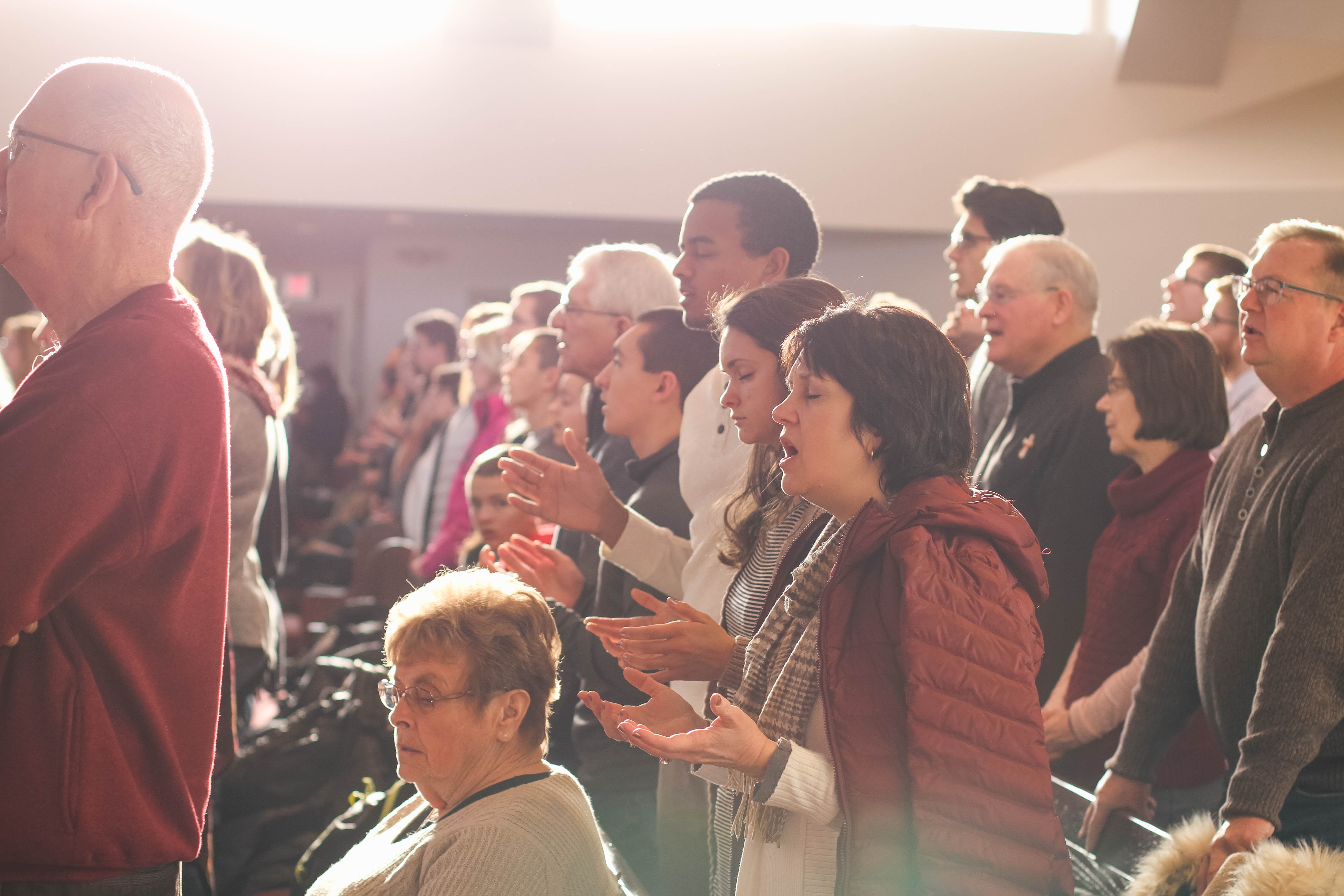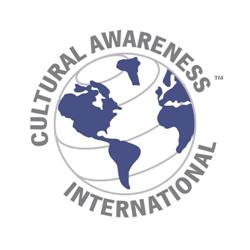This upcoming weekend marks the arrival of Western Easter, followed by the observance of Orthodox Easter or Pascha.
For Christians around the world, either of Eastern, Western, or Protestant, faith these observances are for many the most significant and holiest celebrations of the year. Hundreds of millions celebrate with family and dear friends alike. Religious symbology is prevalent throughout this period. From red-dyed eggs, palm branches, chocolate bunnies, and egg hunts we have infused this sacred holiday with cultural and secular meaning. Read more from CAI about Easter traditions around the world here.
Brief Context
 Cultures and traditions engulf these festivities as Easter has specific iterations showcasing the differences between Eastern and Western Christianity. This time also encourages one to reflect and connect with their God, since spring symbolizes the rebirth of the earth and the resurrection of Christ.
Cultures and traditions engulf these festivities as Easter has specific iterations showcasing the differences between Eastern and Western Christianity. This time also encourages one to reflect and connect with their God, since spring symbolizes the rebirth of the earth and the resurrection of Christ.
Although the history of the Christian faith and church is beyond the scope of this article, it is important to recognize some relevant factors that will provide us with a fuller context in which to understand Easter.
One God: Two Branches
Western Christianity and Eastern Christianity follow different calendars. Western Christianity such as the Roman Catholic Church, Protestantism, and other denominations, adhere to the Gregorian Calendar and has over 1.9 billion followers.The Orthodox Church follows the Julian Calendar and has over 200 million adherents. Therefore, it is atypical that Eastern and Western Pascha fall on the same Sunday but on occasion they do.
The difference, however, between Eastern and Western branches of Christianity are more profound than the calendar they keep to; they reflect distinct approaches to worshipping God.
The Great East-West Schism
 The Christian church had long internecine strife that lasted six centuries embodying spiritual, political, cultural, and practical conflict. Several points of contention are Papal supremacy, the understanding of the Holy Trinity, and priestly celibacy to name a few. Moreover, during the latter half of the Roman Empire in second and third century BCE, the Western Empire used Latin whereas the Eastern Empire, the Byzantine Empire, used Greek. These linguistic differences also created confusion as translations often did not correspond exactly and increased unawareness of developments within each branch. The separation, which occurred in 1054, continues to the present day. Relationships between the two ameliorated after the Second Vatican Council in the 1960s but have not completely healed.
The Christian church had long internecine strife that lasted six centuries embodying spiritual, political, cultural, and practical conflict. Several points of contention are Papal supremacy, the understanding of the Holy Trinity, and priestly celibacy to name a few. Moreover, during the latter half of the Roman Empire in second and third century BCE, the Western Empire used Latin whereas the Eastern Empire, the Byzantine Empire, used Greek. These linguistic differences also created confusion as translations often did not correspond exactly and increased unawareness of developments within each branch. The separation, which occurred in 1054, continues to the present day. Relationships between the two ameliorated after the Second Vatican Council in the 1960s but have not completely healed.
When we think of the term Orthodox, we tend to think of Greek and Russian Orthodox which are two of the most significant churches. Eastern Orthodoxy started in the Greek-speaking world, as Greek was the lingua franca much like English is now and spread throughout the Byzantine Commonwealth with its most important church, Mother Church, in Constantinople, modern day-Istanbul.
Nonetheless, Orthodox Christianity is practiced in Egypt, Syria, Lebanon, Romania, Bulgaria, Serbia, Poland, and beyond.
The Pope is considered infallible and supreme, having jurisdiction over every Catholic church throughout the world, on the one hand. On the other hand, the Orthodox faith has an Assembly of Bishops who collectively make decisions for the church.
The Orthodox Church is liturgical meaning the worship and service is mostly prayer, songs, with ritual actions accompanied by scripture reading.The Orthodox church does not have multiple denominations.There is also a fundamental difference in how East and West view the afterlife.
One God
Both Western and Eastern beliefs are Christian. They both believe in the Bible and the Holy Trinity.Christianity is the world’s largest religion with over 2.4 billion followers. Moreover, the Christian faith upholds the life of Jesus Christ as an example of achieving an afterlife in Heaven.This weekend and the one after, Christians all over the world will celebrate their faith.

About CAI
 Cultural Awareness International, Inc. (CAI) has 29 years of remarkable history working with HR and Business Leaders to create unique, personalized solutions that develop their employee talent to perform skillfully in the global marketplace. A woman and minority, privately owned and operated company, we holistically address organizational needs for global competency development, diversity and inclusion training, intercultural communication and global leadership with flexibility and innovation. Additionally, we provide comprehensive destination services that assist both assignees and their families in relocating to a new home and settling into their new community.Our experience collaborating with global companies across all industries and scope gives us invaluable insight to anticipate and address our clients’ needs. Our solutions target not only the needs of globally mobile individuals and their families but also that of teams and senior leadership.CAI’s expertise, creativity, and agility deliver the best sustainable solutions to hone and enhance the skills of your globally mobile talent
Cultural Awareness International, Inc. (CAI) has 29 years of remarkable history working with HR and Business Leaders to create unique, personalized solutions that develop their employee talent to perform skillfully in the global marketplace. A woman and minority, privately owned and operated company, we holistically address organizational needs for global competency development, diversity and inclusion training, intercultural communication and global leadership with flexibility and innovation. Additionally, we provide comprehensive destination services that assist both assignees and their families in relocating to a new home and settling into their new community.Our experience collaborating with global companies across all industries and scope gives us invaluable insight to anticipate and address our clients’ needs. Our solutions target not only the needs of globally mobile individuals and their families but also that of teams and senior leadership.CAI’s expertise, creativity, and agility deliver the best sustainable solutions to hone and enhance the skills of your globally mobile talent


